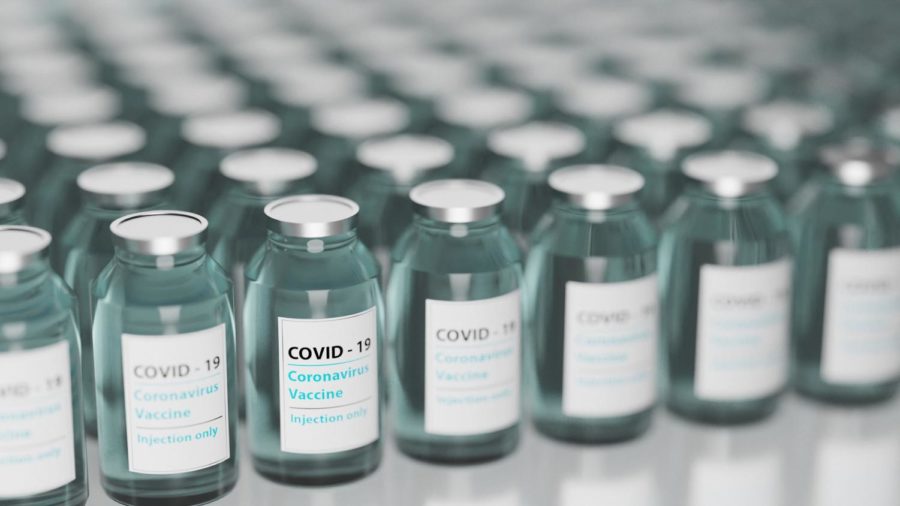The Issue Of Global Vaccine Inequality
Historically, in the majority of vaccine distributions, rich countries, like the United States and the United Kingdom, are always, and have always, been at the front of the line. Why is that?
There is not one exact reason why rich countries are always the first to get a vaccine. However, wealth is one of the top reasons. The world’s richest countries have the money, and the resources, to make deals with several vaccine producing companies. Therefore, they get vaccines as soon as possible and this has served them greatly. Almost 50% of the United State’s population is vaccinated, while according to the World Health Organization, “less than 2% of the world’s COVID-19 vaccines have been administered in African countries.” This large gap between the amount of people who have access to the vaccines, in extremely rich countries like the U.S., and the amount of people who have access to vaccines in poorer countries is called vaccine inequality.
A huge question that now arises is- if a lot of people in these rich countries have already been vaccinated, why aren’t the poorer countries being more acknowledged now? Why is it that less than 2% of the world’s COVID vaccines have been given in African countries? If countries like the U.S., the U.K., China, and Canada are fully aware of the medical inadequacy that exists in other countries, such as India and Nigeria, why aren’t they being considered for vaccine distribution by international organizations. Also, if these richer countries are fully aware of the large economic disparities that exist between them and these poorer countries, why aren’t they being considered for humanitarian assistance.
Although, it is quite clear from actions taken by wealthy countries, their own citizens come first and matter first. However, why isn’t the same attention and care being given to their own citizens, being given to the people in poorer countries? There are obviously a lot of questions to be asked, and a lot of issues that come up, but if some countries are going to gladly accept the name, “world power,” they really should be living up to it. Even though the U.S, for example, has given the Astrazeneca vaccine to some countries in Africa, the U.S itself hasn’t approved this vaccine yet. We continue to give large quantities to African countries, knowing fully well how inadequate their medical systems are. These “poor” countries already lack the medical advancement to combat the virus with thousands and thousands of people dead, due to lack of medical help, They really need to be helped. The United States, as a major world power, alongside other rich countries need to help.
When discussing this issue of vaccine inequality, it is important to know that several issues come into play, and it is not just finances and our international relations. The governments in these affluent countries need to revisit and revise their plans to help these poorer countries. In addition, the governments in these poorer countries need to rise to the needs of their people, not just in vaccine distribution, but also in the simple consideration of their people.
There really isn’t just one step to combat vaccine inequality. However, we can surely start from somewhere and be more considerate to the people in poorer countries. They need our help and if we can truly give it, then we should.
Please note that the purpose of this article is not to undermine steps already taken in providing assistance to third-world countries, but rather to bring further awareness to the fact that our efforts are simply not enough.
At the time this article is being published, there is word that President Biden has authorized the purchase of 500 million doses of the Pfizer vaccine to be given to 100 nations in need of vaccine help. Hopefully, this is the beginning of a positive change.

